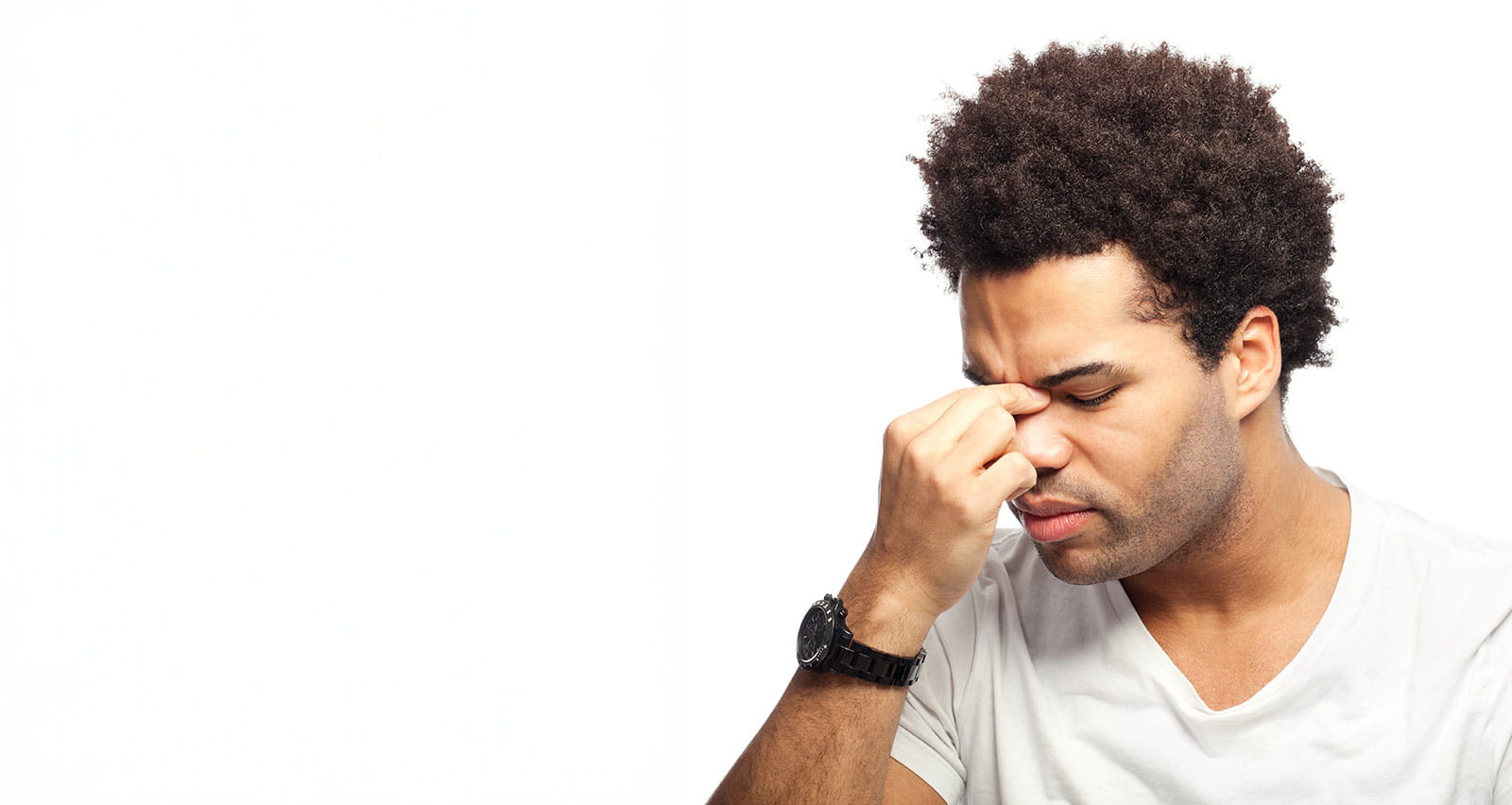
Expert Diagnosis & Treatment of Rhinitis
Rhinitis is irritation or inflammation of the nasal passages. It can be triggered by viral or bacterial infections, allergies, environmental irritants like smoke or certain medications. Common symptoms include sneezing, nasal congestion, post-nasal drip and itchy nose, throat and eyes.
Your health is important. Get expert care.
Offering in-person, video and telephone visits. Call 216-844-6000 or schedule online today.
Types of Rhinitis
There are several types of rhinitis, including:
- Acute or short-term rhinitis: Typically caused by a viral infection such as the common cold or influenza, which causes the nasal membranes and sinuses to swell and increase mucus production.
- Allergic rhinitis: Often referred to as hay fever, allergic rhinitis occurs when pollen, dust mites, pet dander or mold trigger an allergic reaction, releasing histamines and other chemicals. Allergic rhinitis can be seasonal or year-round.
- Nonallergic rhinitis: Nasal inflammation is triggered by environmental irritants such as smoke, strong odors or perfumes, air pollution, or extreme changes in temperature or humidity. Certain medications and the overuse of nasal sprays can also contribute to nonallergic rhinitis.
- Bacterial rhinitis: Inflammation and other symptoms develop when a bacterial infection such as strep throat or bacterial sinusitis spreads to the nose.
How Is Rhinitis Diagnosed?
Rhinitis is diagnosed by taking a full medical history, including any symptoms like sneezing, nasal congestion and itchiness. Your doctor will also perform a physical exam of the nose and sinuses.
In some cases, your doctor may recommend allergy testing or take a nasal swab to confirm or rule out a bacterial infection.
Personalized Treatment Plans for Rhinitis
Treatment for rhinitis varies based on the type of rhinitis that is diagnosed and may include:
- Antihistamines and/or allergy shots if it’s allergic rhinitis.
- Antibiotics if it’s related to a bacterial infection.
- Nasal sprays and decongestants.
If nasal sprays are included in your treatment plan, it’s important to use them only for the prescribed length of time. When used long-term, nasal sprays can cause a rebound effect, making symptoms worse rather than better.
For allergic and nonallergic rhinitis, a few preventive steps can help manage symptoms:
- Stay indoors and keep windows closed when pollen counts are high.
- Avoid areas where there is heavy dust or mold.
- Avoid secondhand smoke, strong odors and other irritants when possible.
In-Office Procedures to Treat Chronic Rhinitis
If rhinitis symptoms persist for more than two weeks and aren’t improving with treatment, you may be diagnosed with chronic rhinitis. In addition to medication and avoiding environmental triggers, the ear, nose and throat specialists at University Hospitals offer two noninvasive, in-office procedures that may help:
ClariFix Procedure
Using topical anesthesia, the surgeon inserts a cooling device through the nostril into the back of the nose and releases a small amount of liquid nitrogen. The device is left in place for about 45 seconds and the procedure is repeated in the other nostril. The liquid nitrogen freezes and disables the nerves that cause nasal congestion.
This procedure provides long-term relief for many patients with chronic rhinitis that hasn’t responded to other treatments. Patients can usually return to normal activities immediately or after a brief recovery period.
RhinAer Procedure
Using topical anesthesia, the surgeon inserts a small wand into the nose. The wand emits radiofrequency energy to shrink the inflamed nasal tissue and calm overactive nerves.
This procedure provides long-lasting relief from symptoms and patients can return to normal activities immediately or after a brief recovery period. Side effects like nasal congestion or other cold-like symptoms are usually mild and resolve within a few days after the procedure.
Make an Appointment
Your health is important. Get expert care.
Offering in-person and virtual visits. Call 216-541-1856 or schedule online today.



